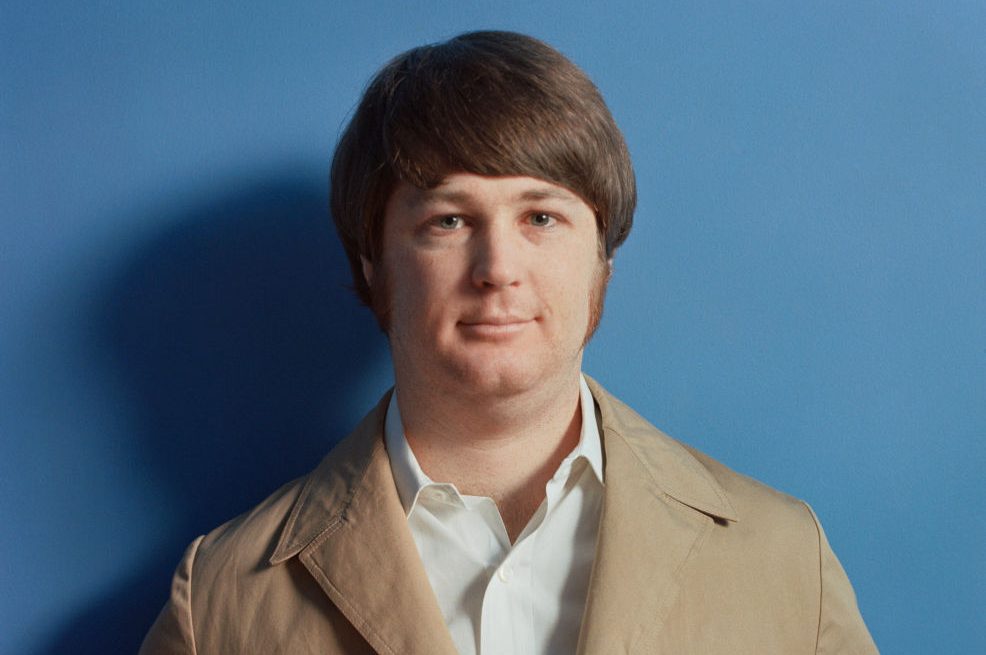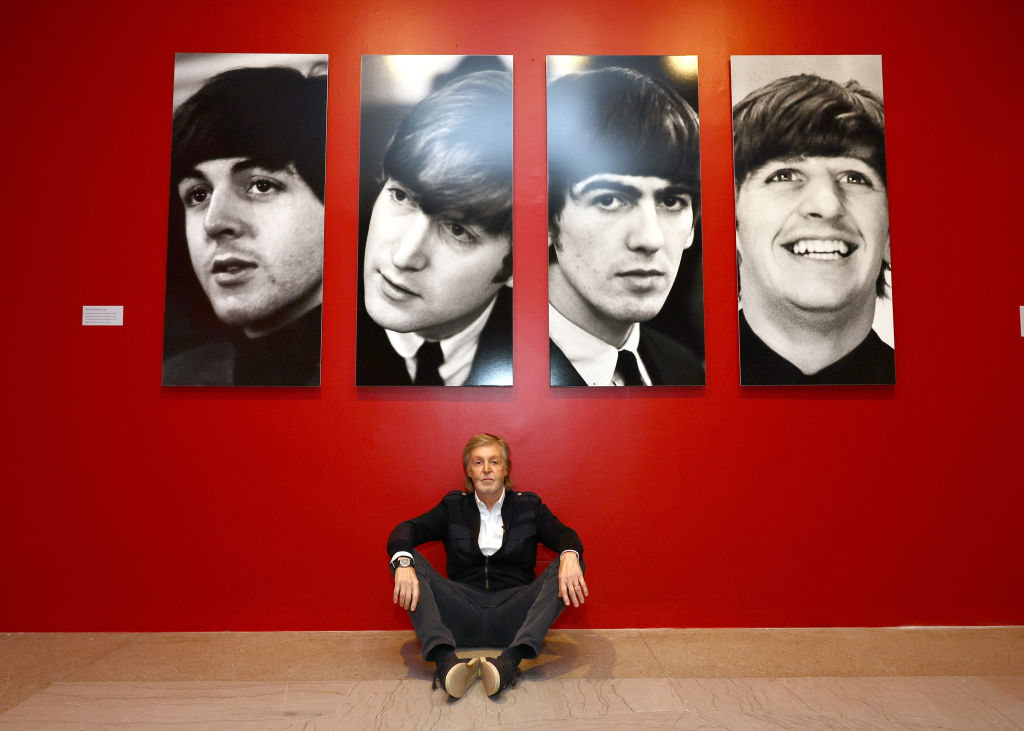The late Brian Wilson, who has died aged 82, once had his songs described as “pocket symphonies to God.” For just about any other artist, that kind of description would be grandiloquent tosh. Yet in Wilson’s case, such praise is justified. It is little wonder that his friend and rival Paul McCartney was inspired to write Sgt. Pepper’s Lonely Hearts Club Band after hearing the Beach Boys’ masterpiece Pet Sounds for the first time; that album was thrillingly alive to the possibilities of what pop music could be – and transformed American culture forever.
Yet it is the central tragedy of Wilson’s life that he was both blessed and cursed with genius that eventually overwhelmed him. Wilson, who wrote classics such as “God Only Knows” and “Good Vibrations,” struggled with personal demons that all but consumed him after a brief, brilliant flourish of early success. He became part of the Beach Boys in 1961, who were originally intended to be a light-hearted surf rock band, managed by Wilson’s father Murry. Wilson arrived at his zenith of artistic achievement with Pet Sounds in 1966, but its success and acclaim overwhelmed him. Its follow-up Smile, from which “Good Vibrations” emerged, was never released, and he sank into a quagmire of alcohol and drug abuse from which he never truly recovered. He continued to record and release music, but during the Seventies, especially, it is doubtful that he had any clear idea what was going on most of the time.
He was rescued, if that’s the right word, by the psychologist Eugene Landy, who took a kind of coercive control over Wilson in the late Eighties, turning him into the iteration of himself that would last, with minor variations, until the end of his life. By the early 2000s, Wilson, who had spent most of the previous decade mired in litigation with his former bandmates, was persuaded to perform his best-known albums live once again. Although acclaimed to the skies by eager fans at the time, I remember seeing him perform Smile in London in 2004 and feeling a sense of unease that this clearly deeply unwell and confused man had been persuaded – or pressured – into taking to the stage once again.
He was a shambling, barking figure, with his once-beautiful voice ravaged by age and his lifestyle, and only his superb band managed to keep matters together. Alexis Petridis nailed it in a negative review of one of his many comeback albums when he wrote in the Guardian that “Wilson’s face now seems to arrange itself naturally into an expression of horrified bewilderment – suggesting he isn’t entirely sure what is going on, but is pretty certain he doesn’t like it.”
The word “mad” is often cruelly bandied around, but Wilson’s mental health meant that the veteran performer was a sad, near-pathetic shadow of the genius boy who he was in the Sixties. Yet his achievements during that brief, brilliant summer of his career have seldom been matched by anyone. If there is a greater, more affecting love song than “God Only Knows” – complete with the attention-grabbing opening “I may not always love you, but as long as there are stars above you, you never need to doubt it” – then I would like to hear it. A long period of personal trouble now comes to an end with Wilson’s death. The greatest tribute to him is to listen to his peerless songs once again and rhapsodize about an authentic genius.


























Leave a Reply